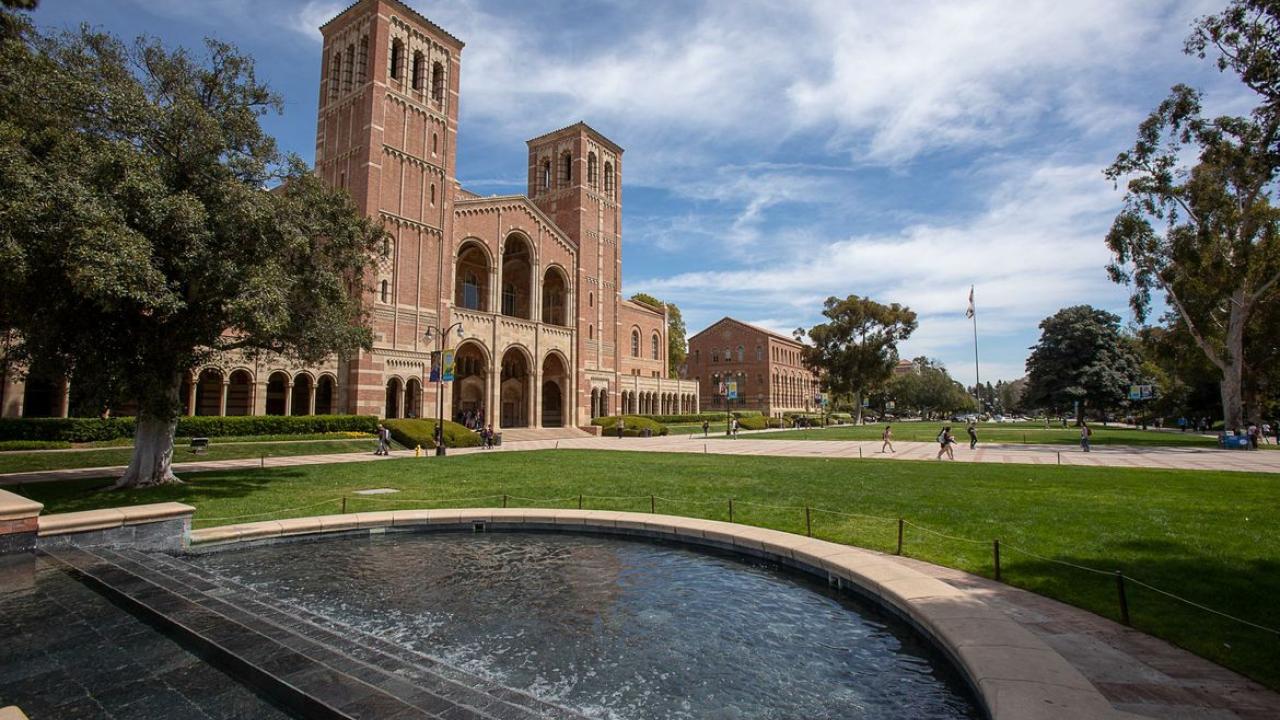The NIMH-funded UCLA STAND ALACRITY Center convened academics and stakeholders from UCLA, East Los Angeles College and Imperial Valley College for its second-annual ALACRITY Stakeholder Retreat on March 12, 2024.
Following a brief overview of the Center, its structure and its objectives, Center Directors Michelle Craske, PhD, and Kate Wolitzky-Taylor, PhD, shared with stakeholders the Center’s second-year achievements and continued progress in its goal of optimizing the effectiveness and implementation of STAND for use in community colleges.
Craske spoke to the retreat’s significance in fostering collaboration and reflection, particularly as the Center reaches a two-year milestone.
"As we transition from the second to the third year of the STAND ALACRITY Center’s research projects and outreach activities, this retreat offers us the privilege to bring together Center researchers, staff and our esteemed stakeholders,” Craske said. “It’s an incredible opportunity to reflect together — share our accomplishments thus far, acknowledge the work ahead and discuss how we can best meet our goals.”
After presentations related to the Center’s operations and outreach, the Signature Project, Exploratory Projects and pilot projects, Center staff and stakeholders formed groups and rotated through three 45-minute breakout discussions on 1) program sustainability, 2) adaptation of level of care during the course of STAND participation and 3) and cultural responsiveness of STAND. Group members deliberated open-ended discussion questions; researchers, administrators and students alike shared their perspectives on various implementation, inclusiveness and sustainability issues.
"The breakout groups gave everyone in attendance a forum to learn about, discuss and ideate around critical success factors for us, such as the scalability of our program and its position in broader cultural contexts within underserved communities,” said Center Co-Director Kate Wolitzky-Taylor, PhD. “We heard diverse perspectives, and we are eager to integrate this feedback and various suggestions into our future research and implementation strategies.”


